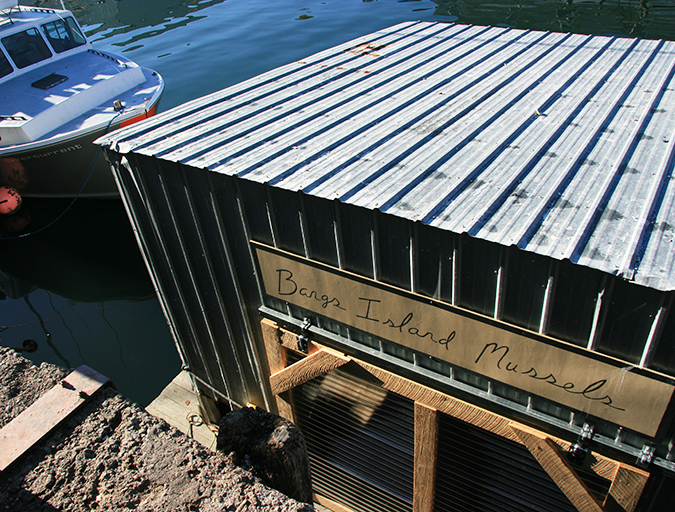
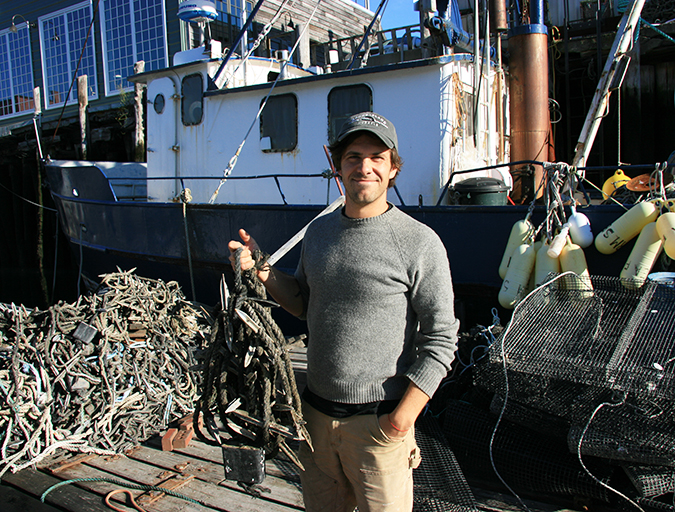
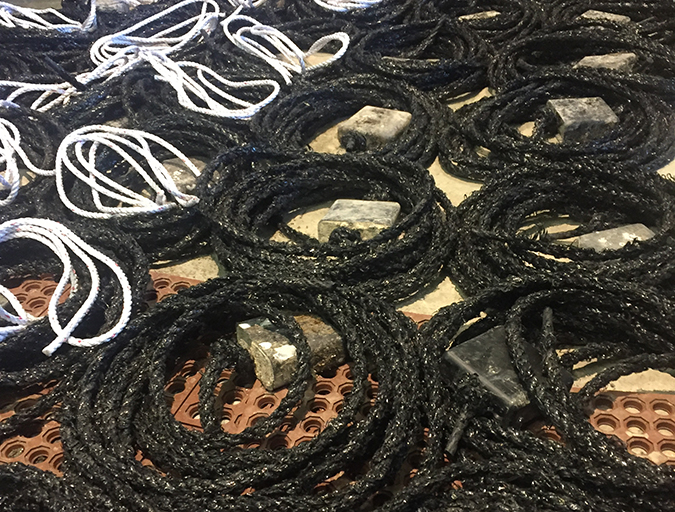
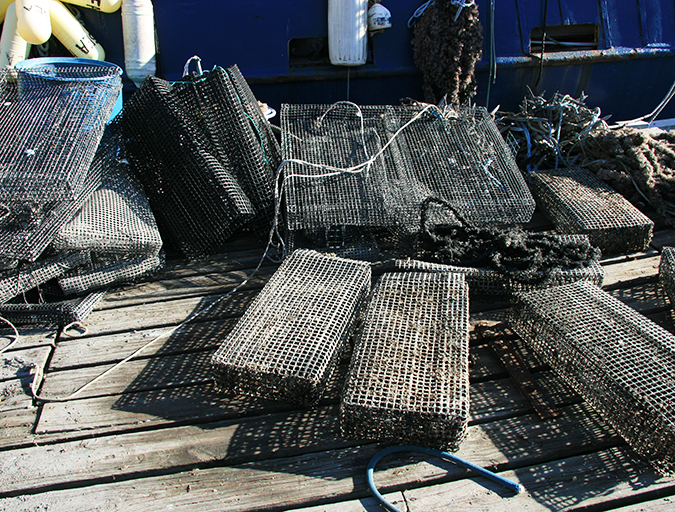
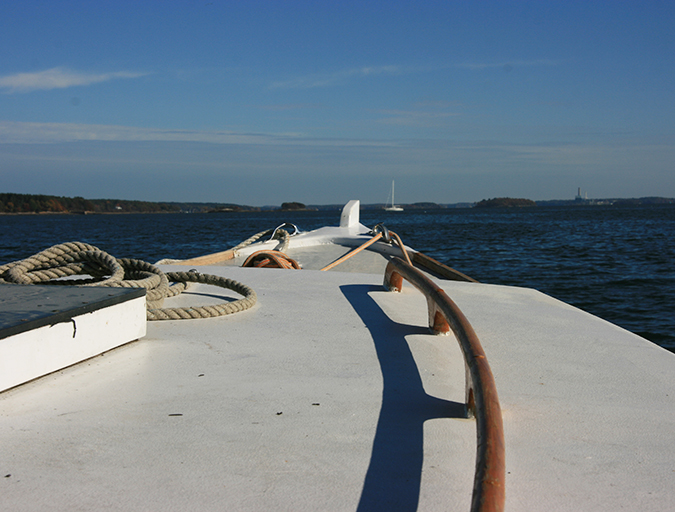
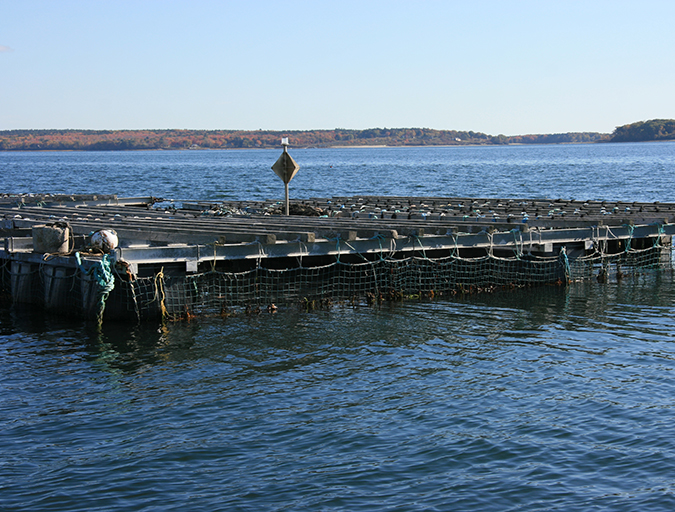
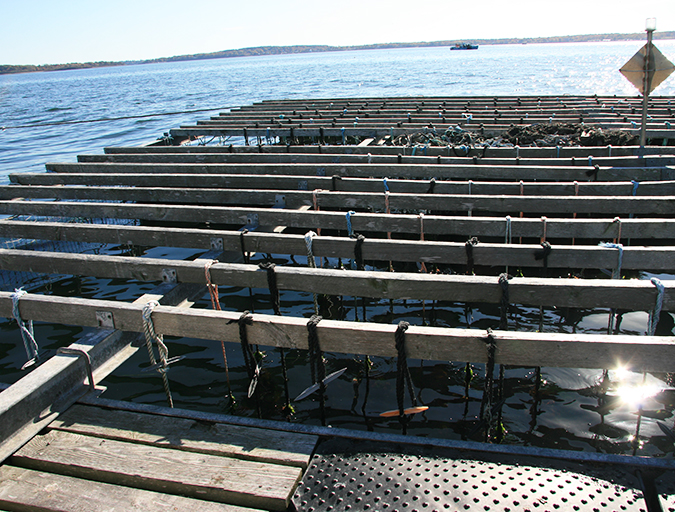
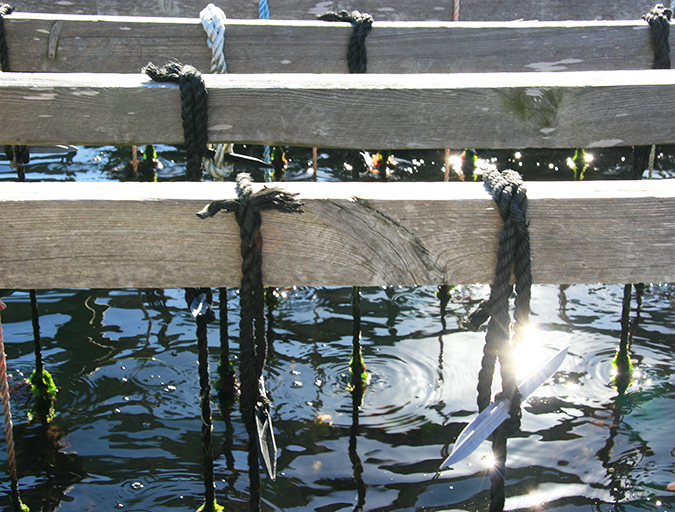
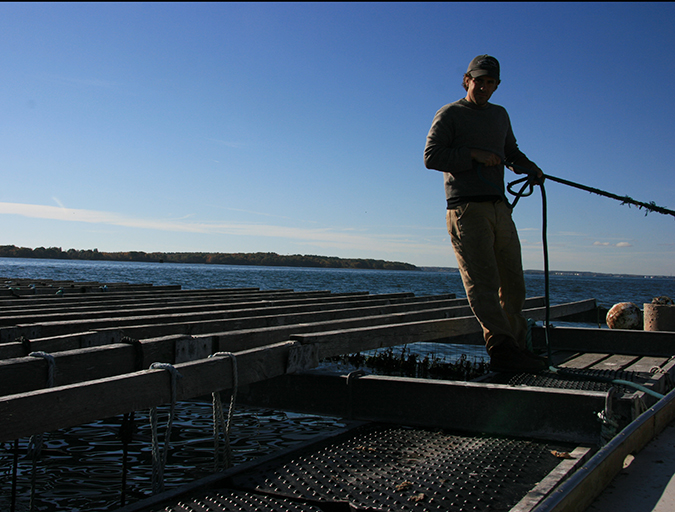
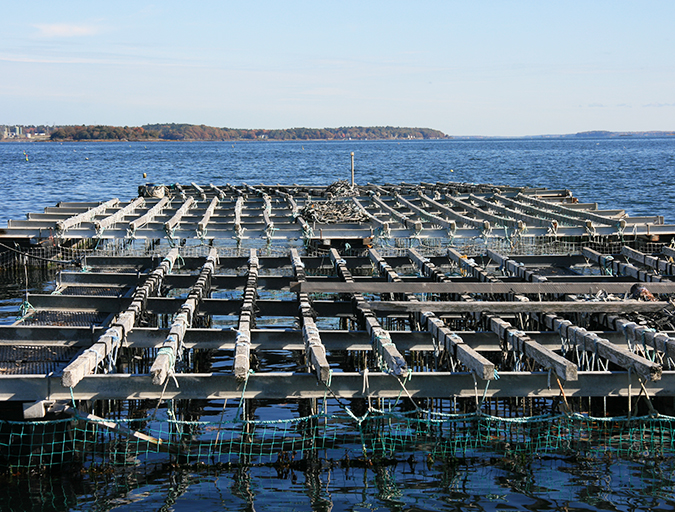
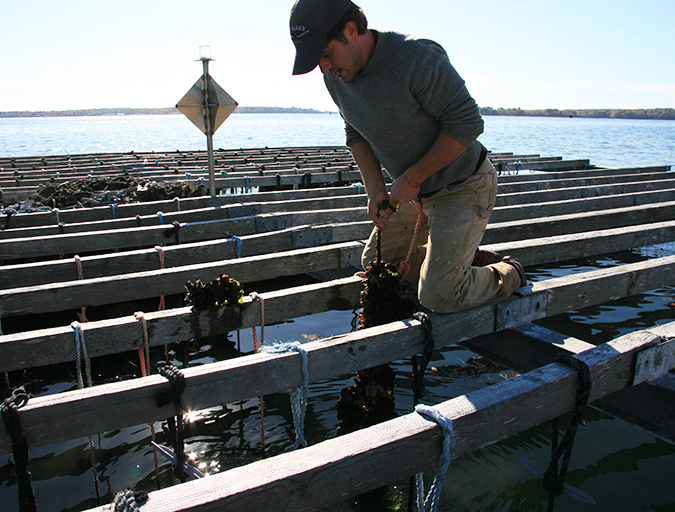
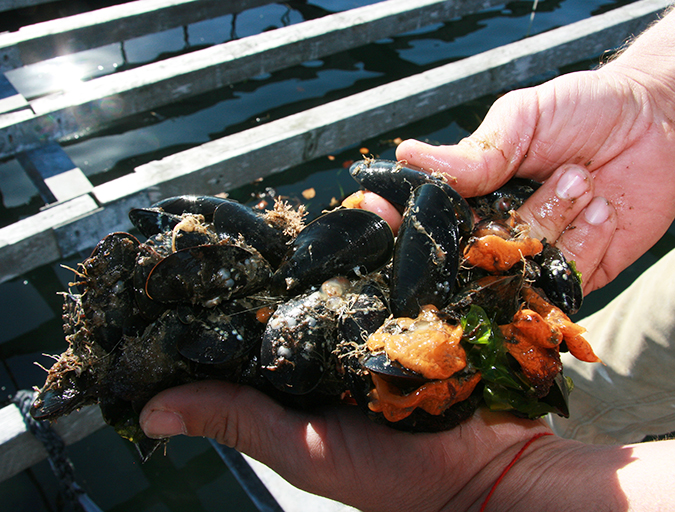
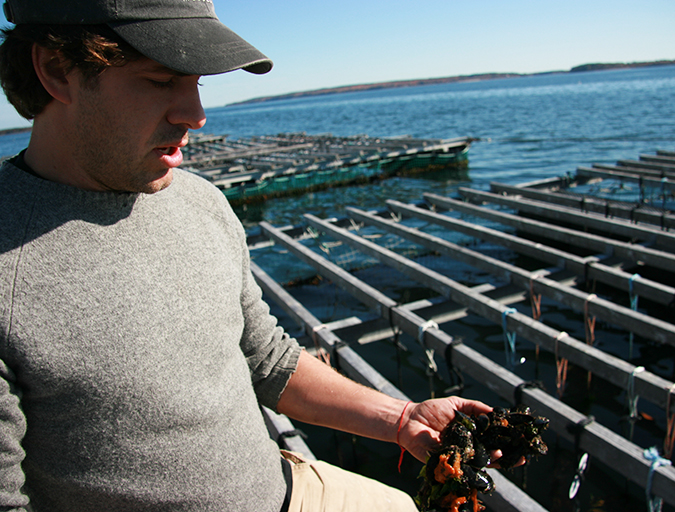
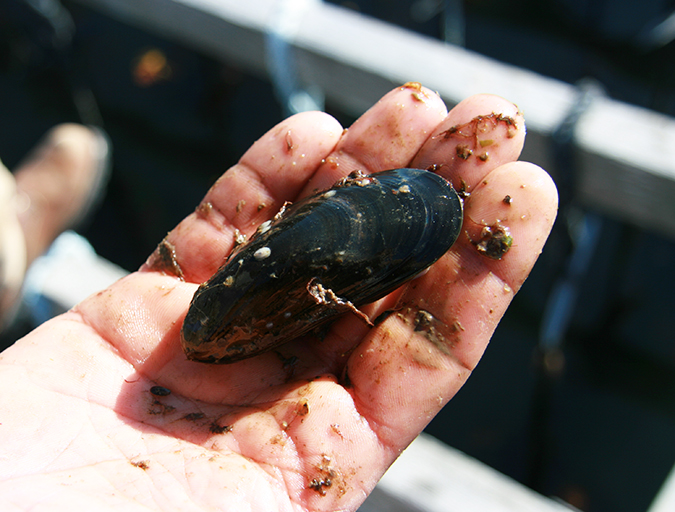
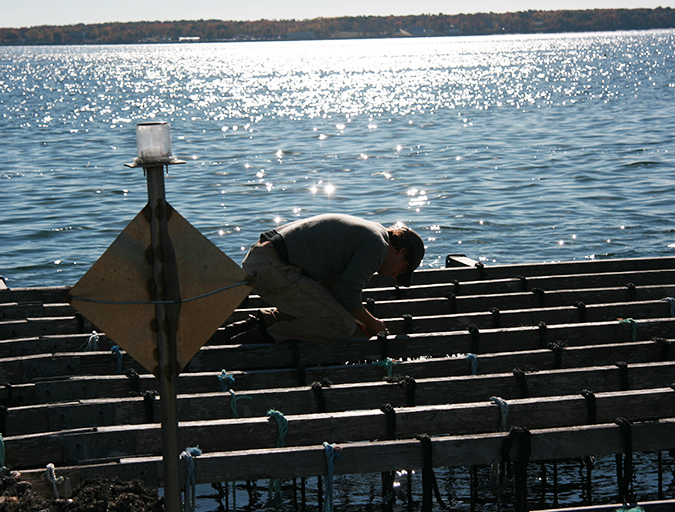
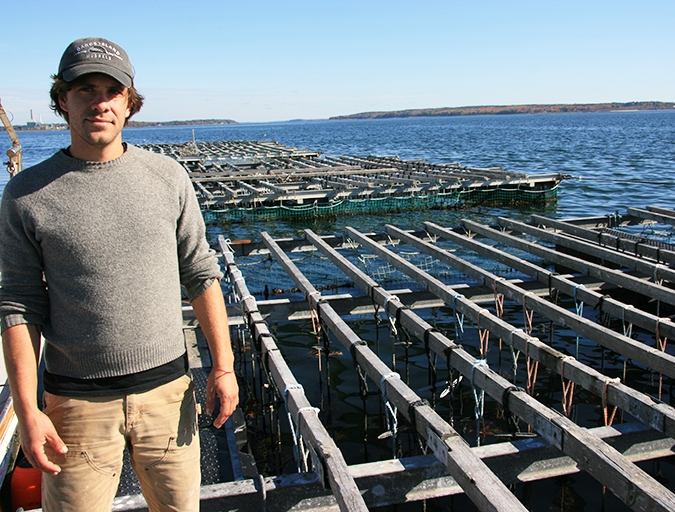
Six years under new ownership, niche shellfish supplier has expanded the operation’s production and market distribution
[slides]
This photo slideshow offers a closer look at what restaurants in Maine and beyond are raving about: Bangs Island Mussels. Six years after purchasing the company from its founder, Matt Moretti says the niche shellfish supplier has expanded its annual production by nearly four times, has broadened its market distribution beyond the local region and is incorporating sweet kelp culture as well.
All photos and captions by Global Aquaculture Advocate Editor James Wright.
Editor’s note: If you would like your aquaculture operation to be featured in an “Images” slide show, please email the Global Aquaculture Advocate at editor@gaalliance.org.
Author
-

James Wright
Editorial Manager
Global Aquaculture Alliance
Portsmouth, NH, USA[103,114,111,46,101,99,110,97,105,108,108,97,97,103,64,116,104,103,105,114,119,46,115,101,109,97,106]
Tagged With
Related Posts
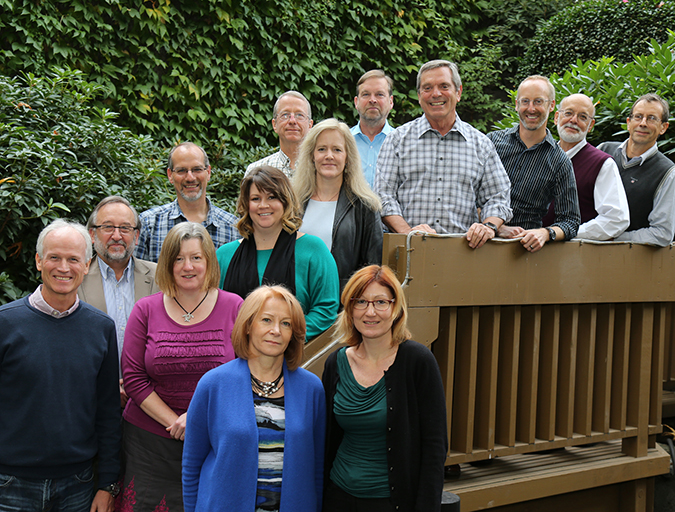
Responsibility
In pictures: GAA Standards Oversight Committee
The Global Aquaculture Alliance's Standards Oversight Committee (SOC) met on Saturday, Oct. 24, 2015, at the Four Seasons Hotel in Vancouver, British Columbia, Canada. GAA's annual GOAL conference will be held at the hotel this week.
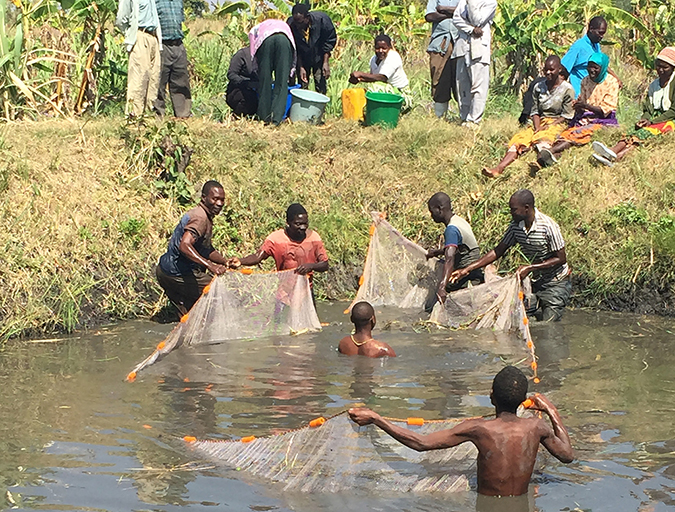
Responsibility
Images: Small-scale aquaculture emerging in Africa
A study by University of Southampton Ph.D. candidate Alison Sky Simmance aims to investigate the role of small scale aquaculture in Malawi, a country where the demand for farmed fish is becoming more urgent in light of declining capture fisheries and high dependency on fish a vital source of animal protein.
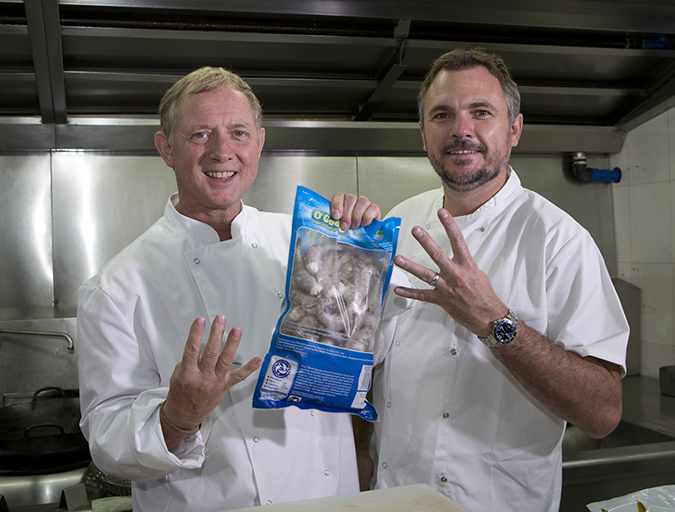
Intelligence
Images from GOAL 2016: Chefs collaborative
Before the Global Aquaculture Alliance's annual GOAL conference in Guangzhou, China, GAA market development manager for the United Kingdom, Mike Berthet, collaborated with some local chefs to prepare some of China's favorite seafood species.

Innovation & Investment
Images: GOAL 2016 in Guangzhou
The Global Aquaculture Alliance’s annual GOAL (Global Outlook for Aquaculture Leadership) conference was held September 19-22 in Guangzhou, China. Click through this photo gallery taken during the three days of the annual event.
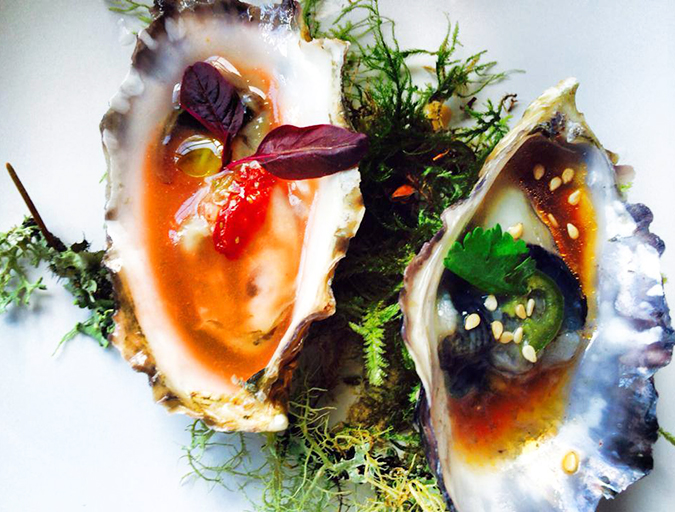
Intelligence
Cup size matters, but for oysters, branding matters more
To name an oyster is to give birth to a brand, essential to stand out in today’s raw bar scene. The briny bite-sized morsels are arguably seafood’s sexiest offerings, but a memorable moniker (and a quality product) is what keeps them on the menu.

